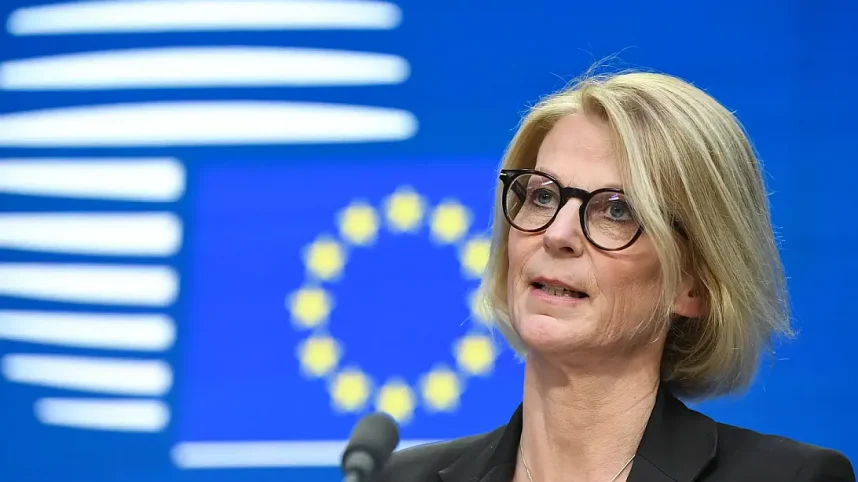Posted on: September 22, 2023, 07:55h.
Last updated on: September 22, 2023, 07:55h.
Sweden’s Finance Ministry has presented a new budget for the upcoming fiscal year, surprising online gambling operators with a proposed tax rate increase. This sudden change could significantly impact their revenues.

In the 413-page budget proposal, Sweden plans to increase the gross gaming revenue (GGR) tax rate from 18% to 22% starting in July of next year. This would be the first change to the gambling tax rate since the market was reregulated in 2019.
Finance Minister Elisabeth Svantesson believes that a 22% tax rate is reasonable to achieve a channelization rate of at least 90%. The tax increase could generate over SEK500 million (US$44.8 million) in additional annual tax revenue.
Gambling to Boost the Economy
Svantesson and the Finance Ministry argue that the proposed tax increase is justified given the stability of Sweden’s gambling market compared to four years ago. They believe that channelization has significantly improved.
Therefore, rather than being cautious in taxing the industry, the government wants to implement a “well balanced” tax that can increase its revenue without severely impacting operators.
Svantesson also noted that the initial tax rate considered was above 20%. However, the government decided against it to ensure a smoother transition for gaming operators.
There is still a chance that the proposal will be rejected. The Finance Ministry will present a formal proposal to the Riksdag, Sweden’s government, next year, which will outline the recommended tax increase. The Riksdag could choose to oppose it.
By comparison, online casino operators in Germany currently pay a tax rate of around 19% on their GGR. Italy’s online casinos, on the other hand, have a tax rate of 25%.
“Bizarre” Move by the Ministry
The Swedish Online Gaming Industry Association (BOS) is not impressed with the proposal. BOS, which includes Flutter, Entain, and other gaming giants, has already agreed to provide additional funds to the government to combat organized crime and prevent illegal operators from targeting Swedish consumers.
BOS believes that the tax increase may have the opposite effect of what the Finance Ministry intends. It could potentially drive some operators out of the licensed space and into the unlicensed market to avoid paying taxes.
This situation is reminiscent of what happened in the Philippines when the government raised taxes on the Philippine Offshore Gaming Operator Segment (POGO), with disastrous consequences.
BOS Secretary General Gustaf Hoffstedt stated that the group’s data shows a channelization rate of 72% for online casinos and 77% for the overall gaming market. He believes that raising the tax rate will negatively impact gaming revenue and finds it “bizarre” that the Finance Ministry would think otherwise.
Hoffstedt expects the Riksdag to support the proposal entirely, resulting in “dramatic effects on channeling.” As a result, he believes that the gaming industry should prepare for another round of market reregulation.


